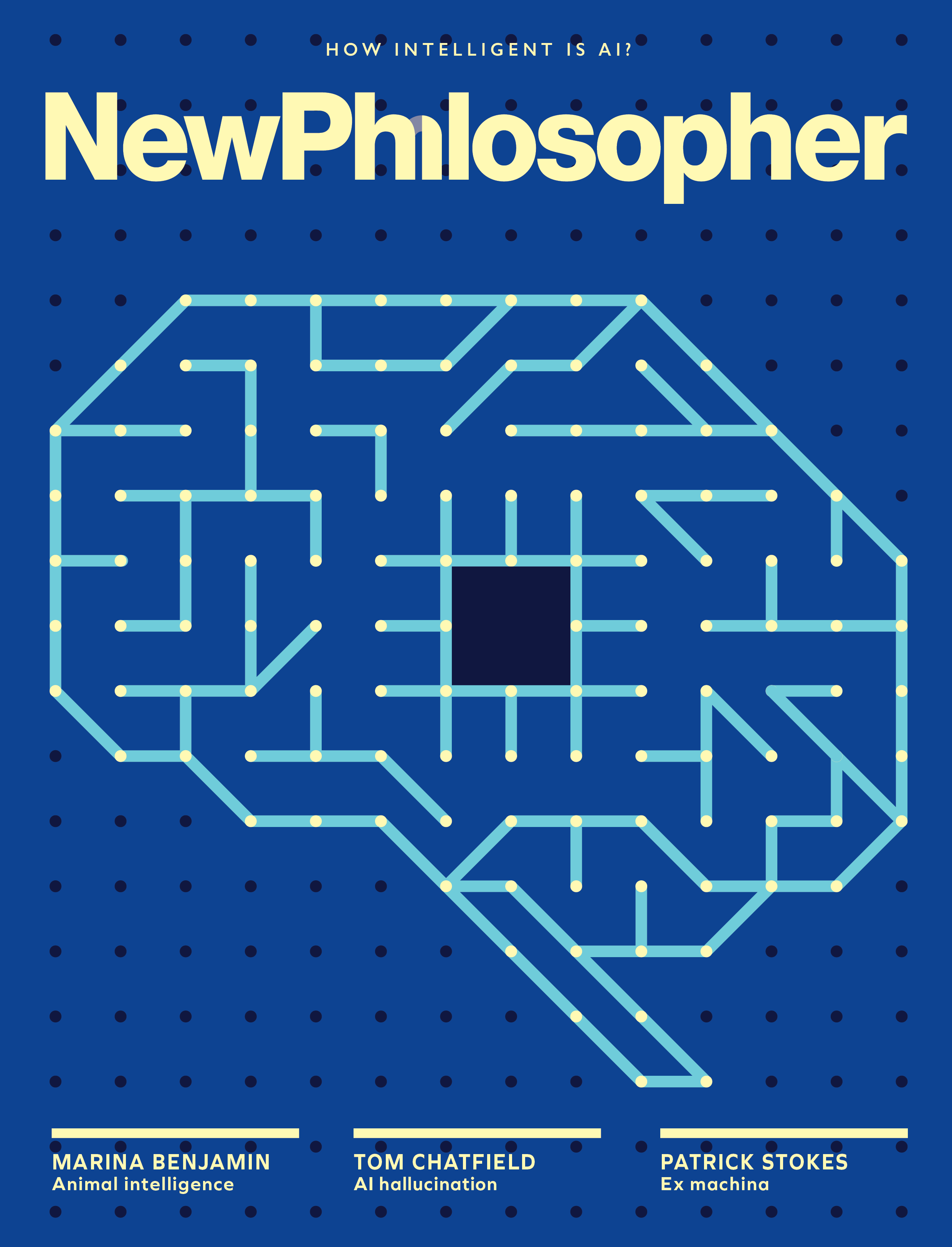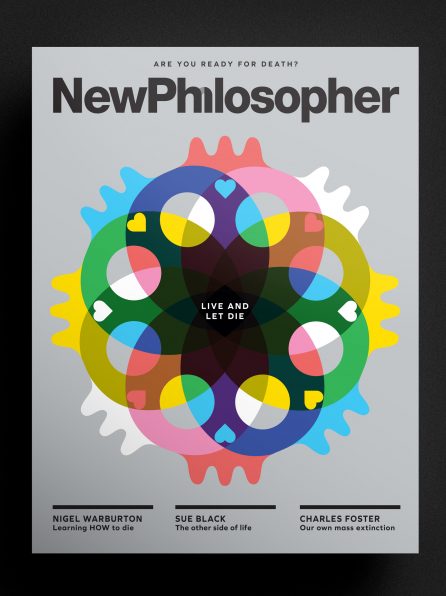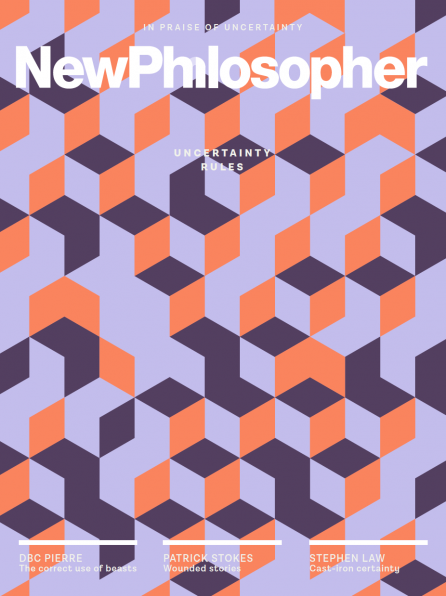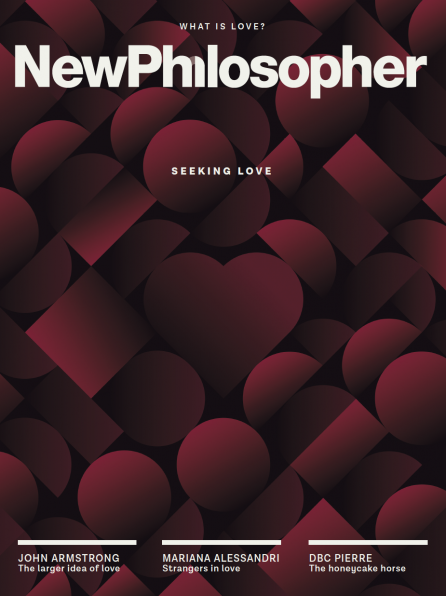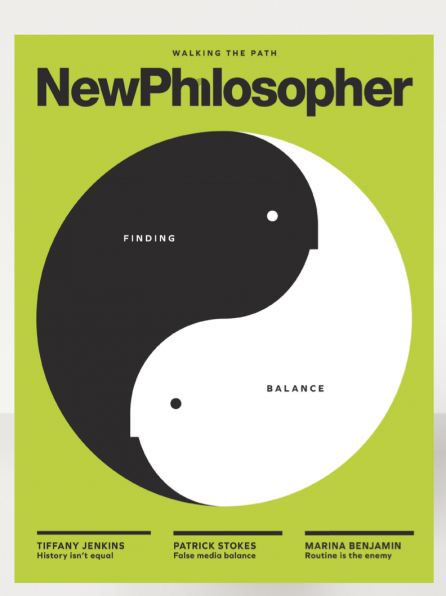Description
“The development of full artificial intelligence could spell the end of the human race. We cannot quite know what will happen if a machine exceeds our own intelligence, so we can’t know if we’ll be infinitely helped by it, or ignored by it and sidelined, or conceivably destroyed by it.”
– Stephen Hawking
What happens when a machine can do something better than we can? Well, it’s simple: when machines outperform us – either physically or intellectually – typically we assign the activity to them.
A vehicle can transport us faster than our own legs, a dishwasher can wash dishes more thoroughly than we can, and a GPS works better than an old-fashioned map, so we delegate these tasks to machines. Typing on a computer has replaced handwriting. Vacuum cleaners have taken over the rhythmic motion of sweeping floors. Electric heaters have ousted wood chopping for fires. We meet more people online today, on a computer screen, than we do face-to-face. With all these machines doing things better than us, we are doing less – less walking, washing, navigating, handwriting, sweeping, chopping, and socialising face-to-face.
When the first music recording devices were launched in the late 19th century, American composer John Philip Sousa expressed his rightful concern. Music machines like the phonograph, the precursor to the record player, meant that anyone could listen to music whenever they wanted. A garden party with friends no longer required the help of skilled violinists, fiddling frantically from the shade of a pear tree, but rather a music machine propped up on a table. Before the music machine, the best way to have music around was to learn how to play it yourself – the piano, guitar, violin – or even to learn how to sing. Otherwise, one had to attend a live performance – a public concert, an orchestra or opera – or accompany amateur musicians in the parlour or salon in long winter evenings at home. When the music machine arrived, all that was required for music to happen was to own a machine.
Sousa was fearful that mechanical music would encourage a passive relationship to music. “The nightingale’s song is delightful because the nightingale herself gives it forth,” he wrote in 1906 in The Menace of Mechanical Music, in Appleton’s Magazine. Music is a soul state, an outpouring of soul, and Sousa foresaw canned music as a pathetic substitute, one that would reduce the “expression of music to a mathematical system of megaphones, wheels, cogs, disks, cylinders, and all manner of revolving things, which are as like real art as the marble statue of Eve is like her beautiful, living, breathing daughters.”
In many ways, Sousa was right. On the way home from work in the car, it’s a rare experience indeed to be so raptured by sound – of the soul state of radio music – to be brought to tears or elevated to euphoria. The best we can get from canned radio music is to find ourselves tapping absentmindedly on the steering wheel or singing the chorus out of tune.
And Sousa was right, too, in portending the decline of amateur musicians. “There are more pianos, violins, guitars, mandolins, and banjos among the working classes of America than in all the rest of the world, and the presence of these instruments in the homes has given employment to enormous numbers of teachers who have patiently taught the children and inculcated a love for music throughout the various communities.” But once machine music arrived, children, understandably, turned on the machine at home to “listen to the machine’s performance”, rather than engaging in study to learn how to play the piano, violin, or harp themselves.
“Under such conditions the tide of amateurism cannot but recede, until there will be left only the mechanical device,” Sousa warned. “Singing will no longer be a fine accomplishment; vocal exercises, so important a factor in the curriculum of physical culture, will be out of vogue! Then what of the national throat? Will it not weaken? What of the national chest? Will it not shrink? When a mother can turn on the phonograph with the same ease that she applies to the electric light, will she croon her baby to slumber with sweet lullabies, or will the infant be put to sleep by machinery?”
Sousa would no doubt lament today’s book reading machine, the audio book, which reads books to millions of children tucked up in bed at night. But music machines and audio books are trivial concerns compared to the spectre of AI – the simulation of human intelligence in machines. AI, we’re told, will be able to do, well, almost everything better than us; even think.
We must tread carefully, lest we render ourselves obsolete.
Antonia Case, Editor
